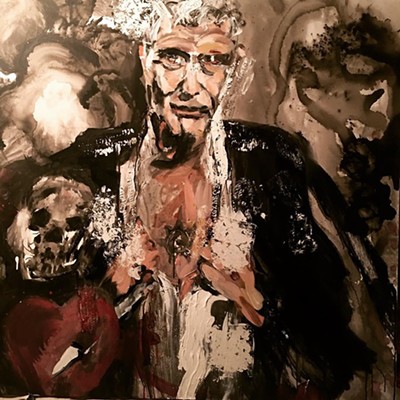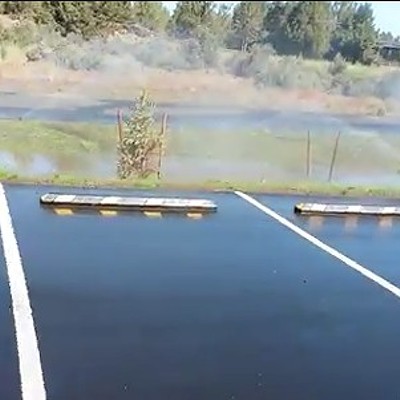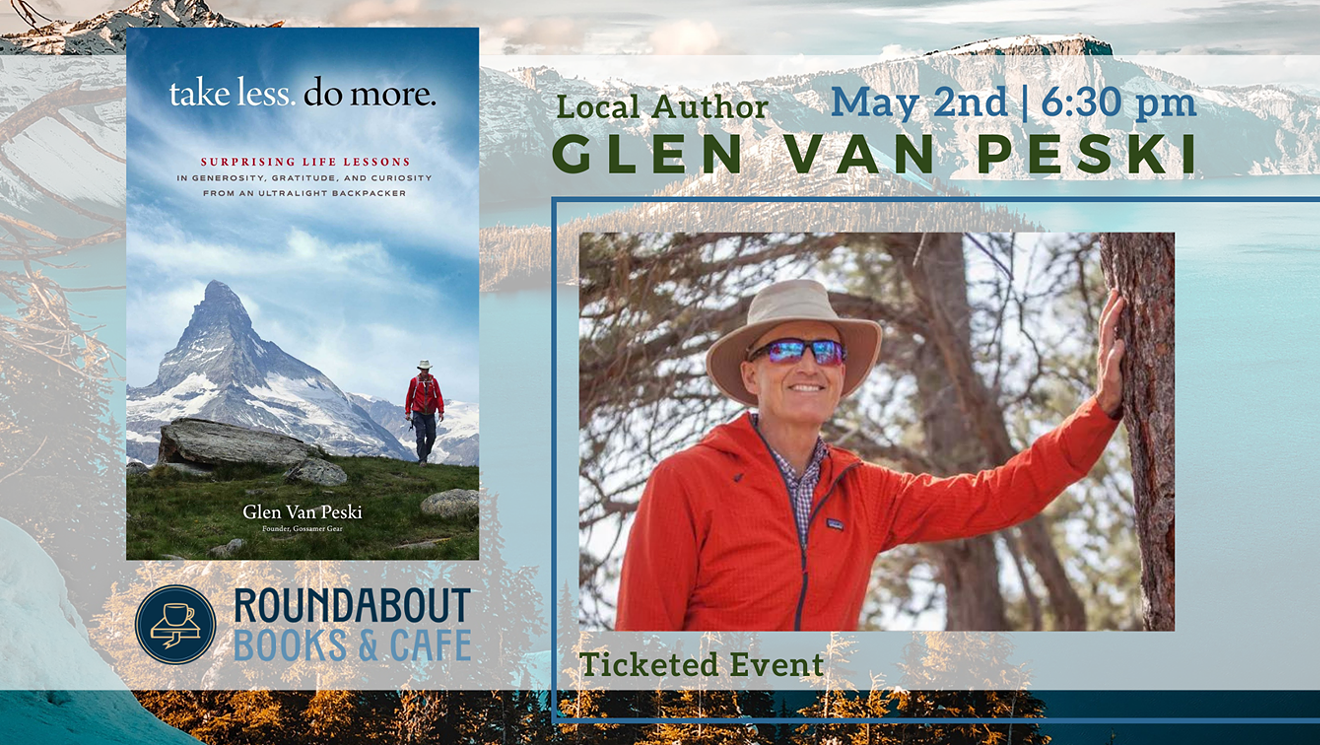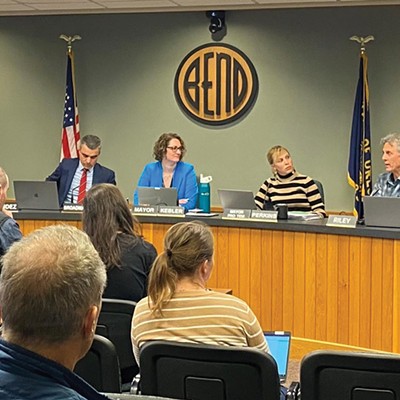Robin Williams (1951 – Aug. 11, 2014): Emerging from San Francisco's standup circuit, Williams became an icon of the '70s and '80s, and widened his appeal to subsequent generations—to Generation X's buck-authority as the rogue prep school teacher in Dead Poets Society and fast-mouthed deejay in Good Morning, Vietnam, to the sardonic sense of humor in Mrs. Doubtfire. His last performance, as Teddy Roosevelt in Night at the Museum, is released on Christmas Day.
Joan Rivers (1933 – Sept. 4, 2014) was a groundbreaking comedian, one of the first nationally known female comedians, making her mark with her first (of many) performance on "The Tonight Show Starring Johnny Carson" in 1965. Her own late night talk show (1988 – 1993) was the first hosted by a woman, and from 2011-2014 she co-hosted a popular fashion show with her daughter. Along with writing 12 books, she also was nominated for an Emmy and a Tony.
Harold Ramis (1944 – Feb. 24, 2014): Probably better known for his influence and his screenplays than his on-screen appearances, Ramis often utilized Bill Murray as his primary actor (Caddyshack, Groundhog Day, Ghostbusters, Animal House), and helped launch careers for the likes of John Belushi. A product of Chicago's infamous late '60s Second City TV, many of his films questioned the status quo and poked fun at stick-in-the-mud authority figures and wealthy scions.
Philip Seymour Hoffman (1967 – Feb. 2, 2014): A highly skilled and bold actor, Hoffman was also a chameleon, able to shrink his massive physical presence into the diminutive Truman Capote (and win an Oscar in 2005 for that performance); whether playing lovable (Hunger Games) or creepy (Happiness) characters, he boldly broke the mold for what it means to be a leading man actor. This past spring, the Source hosted "See More Seymour," a retrospective of the artist with four free screenings of his films.
James Garner (1928 – July 19, 2014): Part-Cherokee, Garner was an unlikely Hollywood star. His roughhewn characters (especially James Rockford, a hard-living tough guy who takes a career as a private eye after being released from San Quentin on a wrongful conviction) were postmodern characters that helped transition American TV and cinema from its more staid and two-dimensional characters. A model for Hollywood political activism, Garner joined Dr. Martin Luther King, Jr., on his early marches, financially supported Native American charities and was even considered as a strong potential candidate for governor of California (a position he bowed out of, in favor of Diane Feinstein).
Brittany Maynard (1984 – Nov. 19, 2014) brought Oregon's "right to die" to the national forefront again after she was diagnosed with a terminal brain tumor, and chose to move to Oregon to legally end her own life.
Tim Lillebo (1953 – Feb. 8, 2014) was the voice of conservation, instrumental in garnering a number of Eastern Oregon wilderness designations over the years, including that of the North Fork John Day, a 91,000-acre parcel in the Blue Mountains of northeastern Oregon. Since the mid '70s, he worked both through grassroots organizations and in Washington, D.C., but perhaps his best work was achieved around a campfire, brokering deals in the desert. It was a great loss on Saturday, Feb. 8 when Lillebo, 61, died while shoveling snow at his Tumalo home.
Paul Revere (1938 – Oct. 4, 2014) was the namesake for the Raiders, who received their biggest and most lasting fame from their 1963 recording in Portland of "Louie, Louie." Years before the wild garb of the '60s psychedelic bands and decades before stage antics of The Flaming Lips, the Raiders took garage band rock and dressed it up with theatrics (and wearing Revolutionary-styled garb)—and were some of the first rock stars from the Pacific Northwest.


























